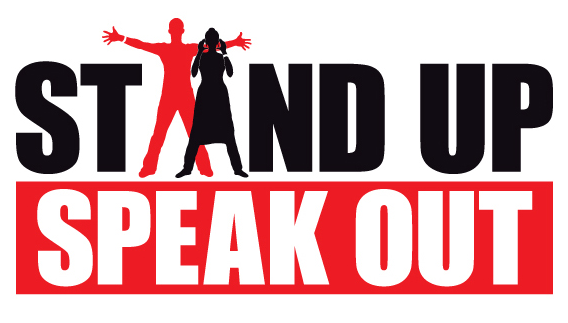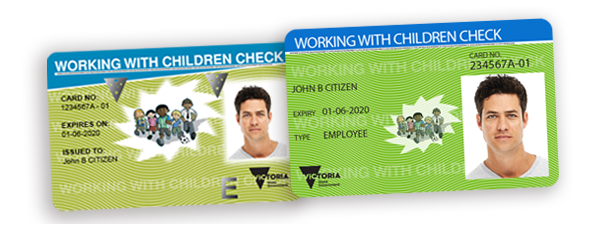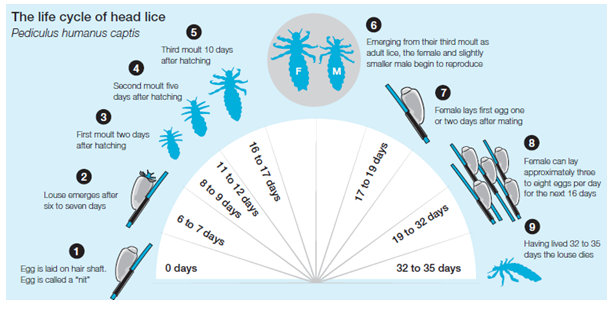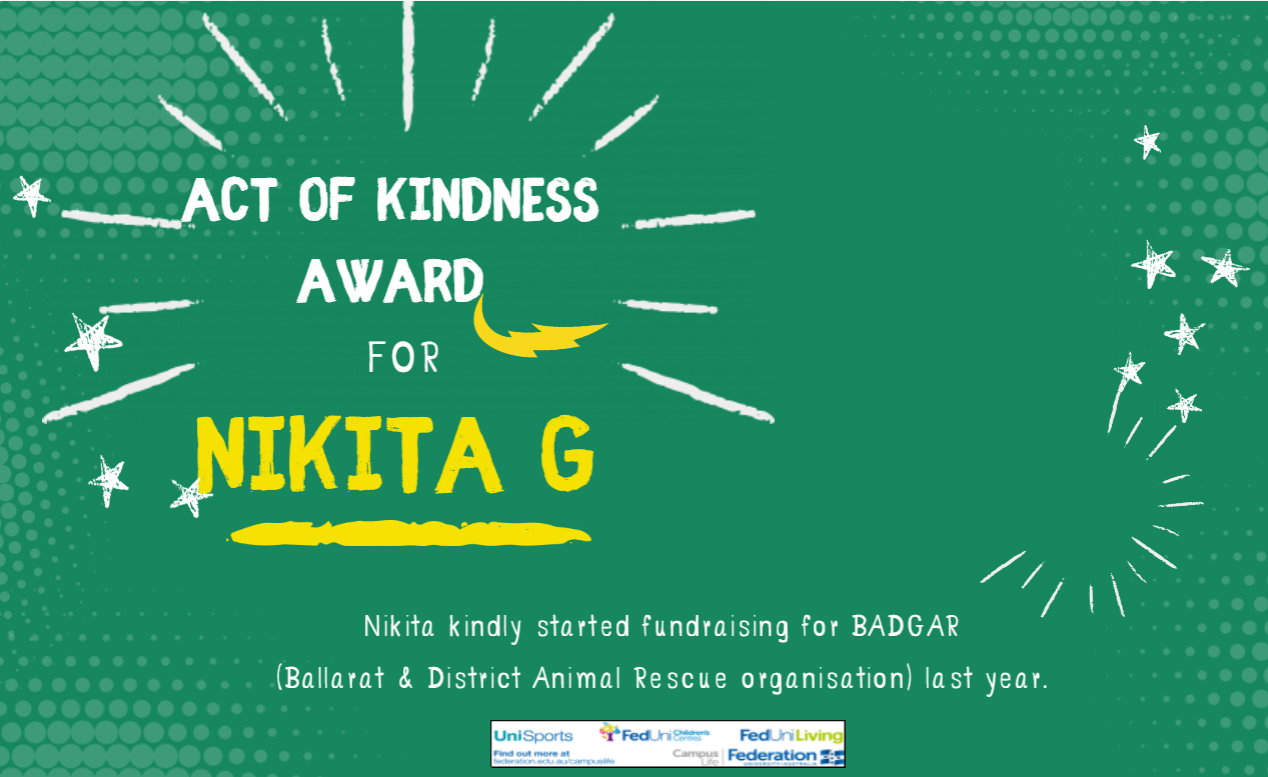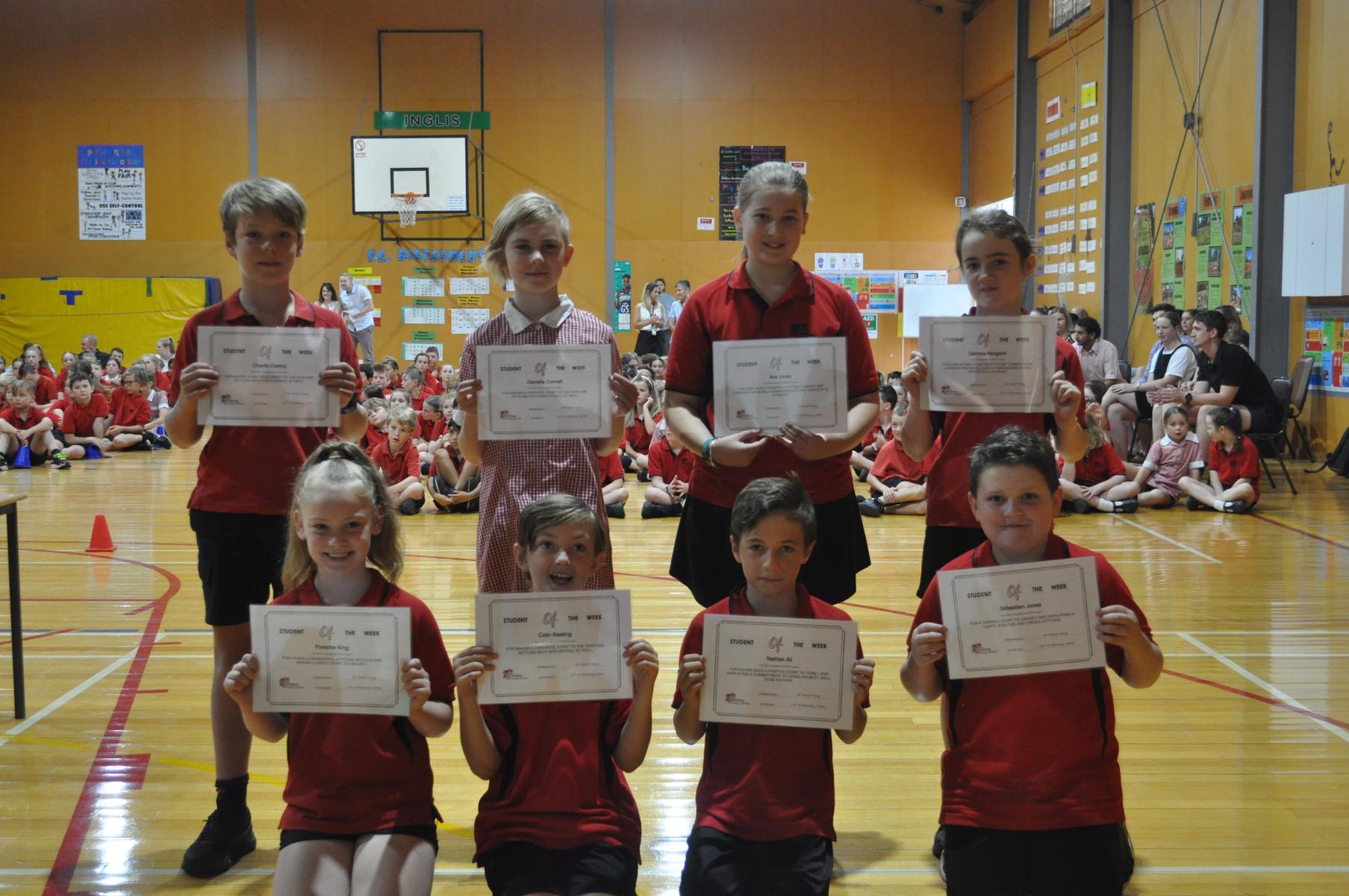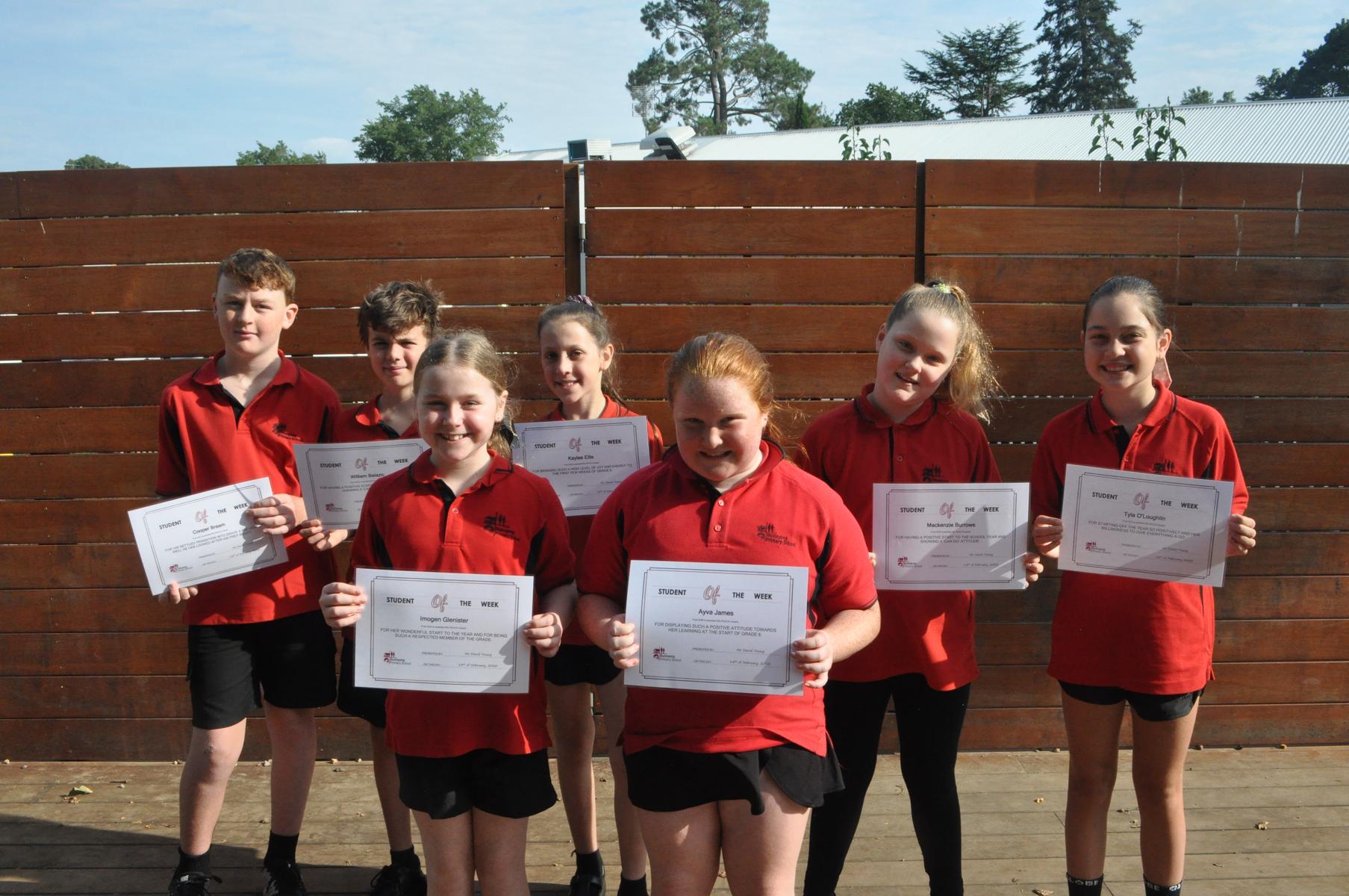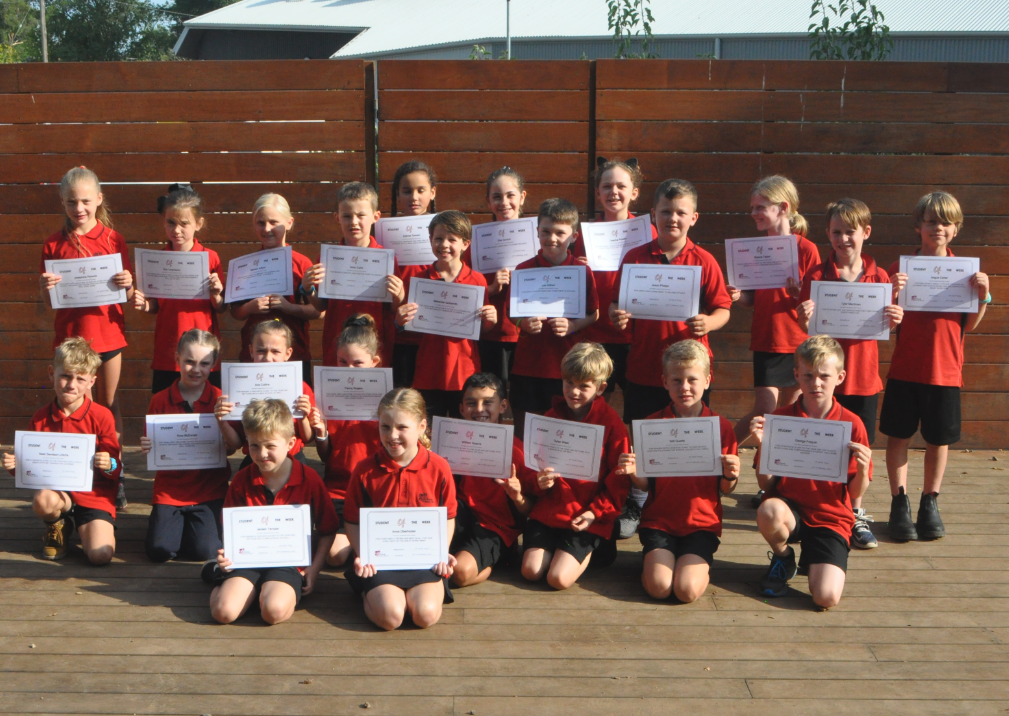Engagement and Wellbeing
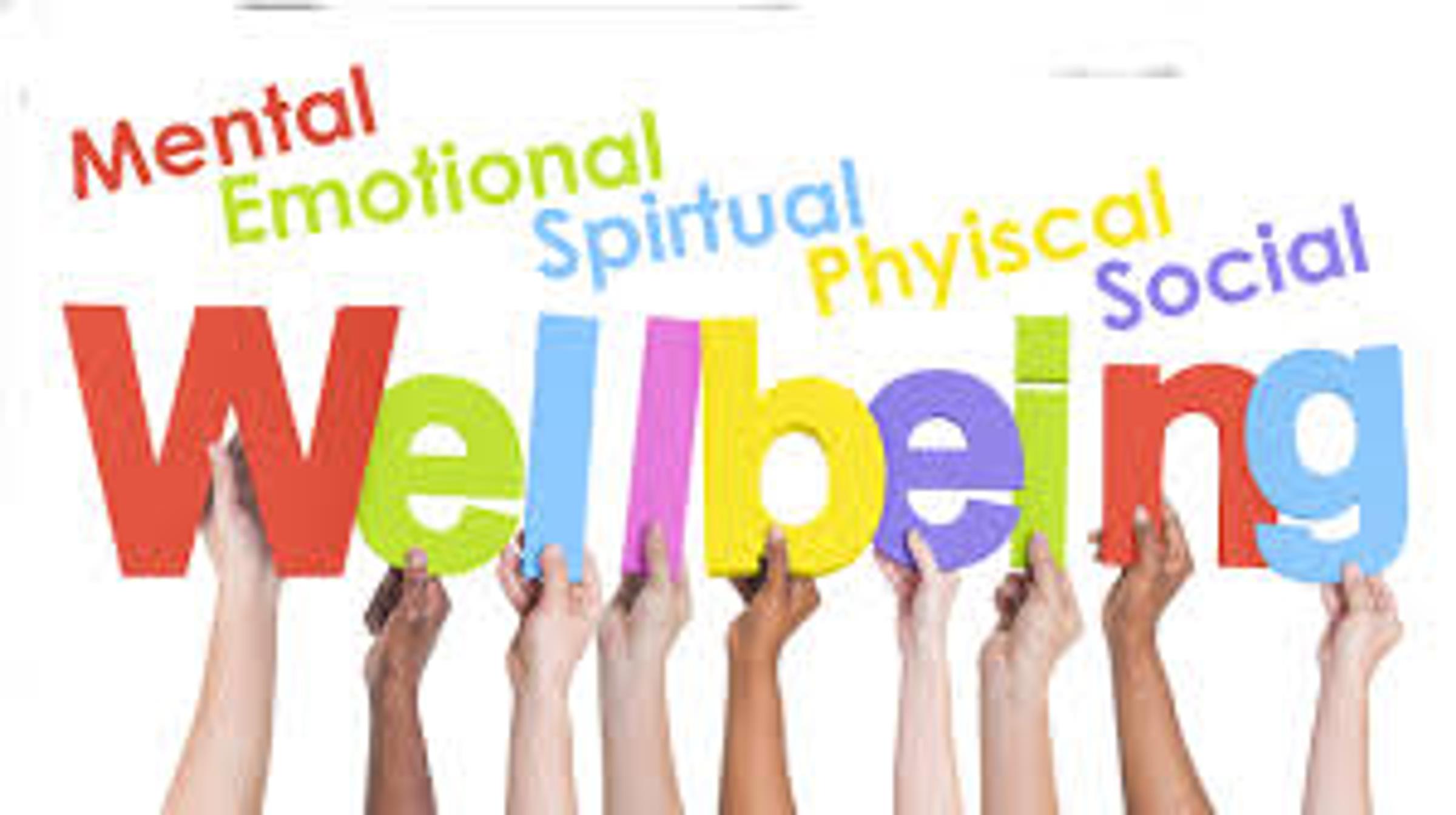
Social Surveys - Understanding Social Dynamics and Supporting Children with Change
This week we are asking our students in years 1-6 to participate in a class social survey. The purpose of this survey is to provide a safe (anonymous) space for students who may not necessarily speak up about someone that they are having difficulties with, to do so.
Once complete, teachers collate the results and work with identified students to improve their behaviour and work to reduce the negative impact that it can have on other students. Ultimately we want positive social interactions between all students.
If your child has been having difficulties with another child at our school, please encourage them to speak out by letting us know during the survey.
Working With Children’s Check (WWCC) - For Parents Attending Camps and Excursions
Parents are reminded that it is school policy that all accompanying adults on camps and excursions must have an in-date Working With Children Check (WWCC). Parents can apply for a WWCC, renew (they are current for 5 years) or check their existing status by clicking on the following link http://www.workingwithchildren.vic.gov.au/ . Voluntary WWCC does not incur a cost.
Head lice: Treating and Controlling Guide for Parents
While children are at school many families will come into contact with head lice. Whilst almost a normal part of a child’s time at school, they are frustrating and require careful treatment to eradicate.
In this article, we wanted to clarify the school’s approach to dealing with head lice and how parents can support their children to minimize the risk of them spreading further.
Ultimately, the responsibility for detecting and treating head lice rests with parents who can regularly spend close contact time with their child to inspect and detect. Whilst we often get the comment, “They must have caught them from school”, we understand the likelihood of this and have procedures in working with families to eradicate them from various clusters around the school.
Our school has a referral service where we support our kids (who have consent) to have their hair checked and then provide families with feedback as to any suspected infestations. Our current process is as follows :
- When a child is suspected or a family has disclosed that a child has head lice, we will organise for head lice checks for that classroom and group of students.
- From there, each child who has consent, will be inspected and a note will go home explaining that head lice were suspected in the child’s class and that we seek home support to further check hair.
Whilst we cannot guarantee complete immunity to head lice, we do try to minimise infestations from spreading through regular notices to class groups via Compass and follow up with families.
Should your child get head lice, please let the office staff know as soon as possible so that we can start our procedures.
We also encourage everyone to read the attached guidelines carefully to ensure a thorough treatment process is followed that may dispel some past assumptions. It is also suggested to re-treat your child’s hair 7 days after any initial treatment as this will ensure that any eggs which have hatched and produce further live lice, will be accounted for.
To access the guidelines, please visit:
https://www2.health.vic.gov.au/Api/downloadmedia/%7BE9F66368-57D9-4410-AACB-6E10ED4CD182%7D
Mindfulness To Boost Emotional Regulation and Wellbeing.
As a large focus for our school is to support the kids in developing their emotional and self-awareness, we implement daily mindfulness in each class for 10 minutes after lunch.
We know that research shows that mindfulness, through regular participation in a program such as Smiling Minds, can assist students to improve:
Sleep quality
Concentration levels
Student safety
Ability to manage emotions
Classroom environments through less disruptions
School climate by reducing the amount of bullying.
As we have wandered around the rooms in the past couple of weeks, it has been great to hear teachers and students discussing the benefits of mindfulness and also that the kids reporting that their bodies feel ‘calm’ and ‘relaxed’. Hopefully, this will also transfer to home and parents will be able to see the benefit also.
If you would like to support your child with mindfulness to help them stop overthinking or worrying, please visit:
https://www.smilingmind.com.au/parent-resource
Act of Kindness
ROCCH Awards Presented in Week 3
Congratulations to the following superstars who have been identified in their classes for doing an outstanding job recently. Keep up the great work kids! We’re all super proud of you.

